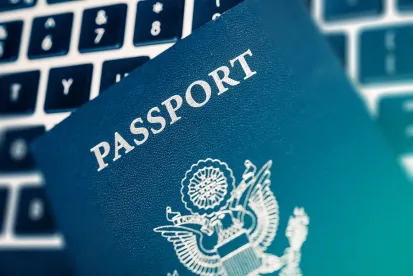For those already making European holiday plans for summer 2019, or for those hesitantly waiting to see the results of ‘B’ day on 29 March there are still questions about what might happen to travel plans after this date. The Association of British Travel Agents (ABTA) has issued practical guidance to reassure travellers at this time of uncertainty.
If a Brexit deal is agreed, the UK will enter a transition period meaning travel laws and regulations will stay largely the same until 2020. However, deal or no deal we have been assured that flights will still operate between the UK and EU and a visa should not be required.
ABTA has identified actions that travellers may wish to take in advance to help avoid unnecessary future disruption in the event of no-deal: https://www.abta.com/tips-and-advice/brexit-advice-for-travellers. The advice also features practical guidance on the expiry of passports, recognition of driving licences, EHIC’s and data roaming charges should there be a hard Brexit.
Despite this, there is a lot speculation about the effect on travel in a no deal scenario because if flights will still operate and a visa is not required then what actually is the problem? The concern for consumers is that in order to avoid severe disruption in a no deal scenario, the EU has proposed a regulation that proposes to cap flight numbers between the UK and EU at 2018 levels.
The Airports Council International reported to The Financial Times that the cap could lead to the loss of 140,000 flights affecting nearly 20 million passengers travelling between the UK and EU. For the consumer this could mean flight cancellations and disruption to travel plans.
Customers who book a package holiday will have the most comprehensive protection, as their holiday will be protected under the Package Travel and Linked Travel Arrangements Regulations 2018. This means that it is the travel provider’s responsibility to offer an alternative holiday / refund if a package holiday can no longer go ahead. Travel insurance may also help but it is important to check the policy at the time of booking to see if it covers travel disruption, cancellations and also any consequential loss.
Despite this guidance and these reassurances, the uncertainty and lack of confidence stemming from Brexit is causing difficulties in the market for travel providers with Director General Alexandre de Juniac of The International Air Transport Association reporting that ‘airlines still do not know exactly what kind of Brexit they should be planning for’. Flybmi is an example of this, announcing at the weekend that it has ceased trading and intended to file for administration.
A press release published on the airline’s website confirmed: “Current trading and future prospects have also been seriously affected by the uncertainty created by the Brexit process, which has led to our inability to secure valuable flying contracts in European and lack of confidence around bmi’s ability to continue flying between destinations in Europe”. For further discussion on airline collapse and insolvency please see our previous blog: Lets Fly away…..
As detailed in this blog there are a number of ways to protect holiday bookings including through purchasing ‘package’ deals and arranging travel insurance down to how you pay for your holiday. For instance if a holiday is booked on a credit card in the UK usually the card company is jointly liable for the provision of services.
ABTA’s guidance should help to provide some confidence to consumers and with the right protection in place from the time of booking there should be no need to wait until after B day to book.
Although a reassuring message, it seems consumers are still lacking in confidence and tour operators understandably remain faced with a tough market. In addition to the collapse of Flybmi at the weekend it was announced last week that Thomas Cook are conducting a ‘strategic review’ of its airline and would consider ‘all options’ including a sale. Ryanair posted a net loss of £17.2 million last week and shares in TUI sank 20%, it seems there is a repeated blame on too many airlines and too fewer passengers coupled with last year’s extraordinary hot summer making consumers reluctant to part with their (weak) pound for European holidays.




 />i
/>i
